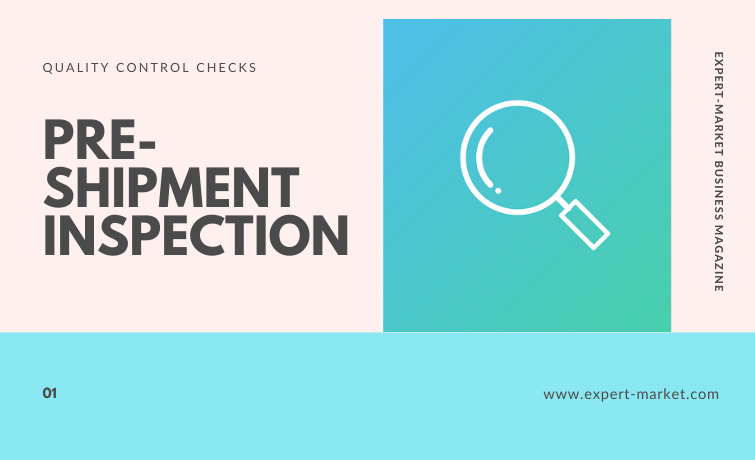China produces an extremely large range of products across thousands of major companies, and each one has to be properly tested and checked to make sure that it meets quality control standards. Not only is there a formal process for these checks, but they are often performed just before shipment.
PSI Checks
Pre-shipment Inspection, or PSI, is a set of quality control checks carried out shortly before the products are meant to be shipped off. A PSI check is supposed to help the manufacturers get a decent sample of the product without needing to process each individual item, inspecting the sampled items to make sure that they meet international standards and don’t break any quality requirements.

The exact process for a PSI check will vary depending on what the item is: electronics might need to have all of their features tested, while toys might just need to be checked for fragility or sharp edges. Because of this, the process will always be slightly different depending on the products involved. If specialists are needed to test out highly specific features, they will be called in ahead of time, and their arrival is usually scheduled in advance.
What do PSI checks involve?
PSI checks are meant to cover a range of different factors and features when it comes to preparing each product for shipping. This can include details like:
- Color, style, and visual details.
- Quantity (such as the number of pieces in each bag/box).
- Workmanship and construction quality.
- Labels and logos.
- Weight.
- Dimensions.
- Shipping marks.
- Packaging quality and reliability.
- Client requirements.
A standard PSI check will also need a full test of the product itself, going through all of its features and safety details. This becomes even more important for products that could harm the user, such as power tools or electrical equipment.
Why do you need PSI checks?
Aside from the obvious safety concerns of sending products over without testing them, PSI checks are also important for making sure that the product has been designed correctly and is appropriate to send out to customers or clients. It gives manufacturers a chance to catch any details that may have been missed or added in a dangerous way.
One of the other benefits, which many companies overlook, is the fact that these PSI checks are also meant to prevent supply chain delays. Tests are conducted on-site and can usually be done in very short periods of time, meaning that a PSI check doesn’t hold up a shipment longer than necessary. Since these tests can also be booked ahead of time, they can be added to a schedule rather than being performed as surprise inspections.
The products are also tested in small portions of each batch to reduce the amount of time it takes. For example, if the inspection takes 10 products from every batch of 100 items, this means that a whole 10% of the manufacturing batch is checked.
This is often more than enough to catch manufacturing defects or make sure that the product is working as intended, especially when handled by a skilled professional who knows how to find faults with that kind of product.
How do I arrange product inspection in China?
Arranging a routine product inspection in China through a PSI check system isn’t all that complex, and many manufacturers have permanent working relationships with product inspection companies as a result. While some have their own internal teams, many choose to use outside help, since they often have more experience overall and more specialists to offer.
Most pre-shipment inspection companies are focused on both the product quality and the impact it may have on the supply chain, providing valuable information about the business side of the situation while also making physical defects or flaws much more obvious.
Companies that manufacture products in China, either as a major part of their operations or just as a small part of their supply chain, can benefit from PSI. The process is extremely useful when it comes to making sure that your products will function as expected, whether they are something simple like a chair or something much more complex like a car component. Regardless of the items involved, PSI can prevent plenty of accidents and ensure consistent quality.



























